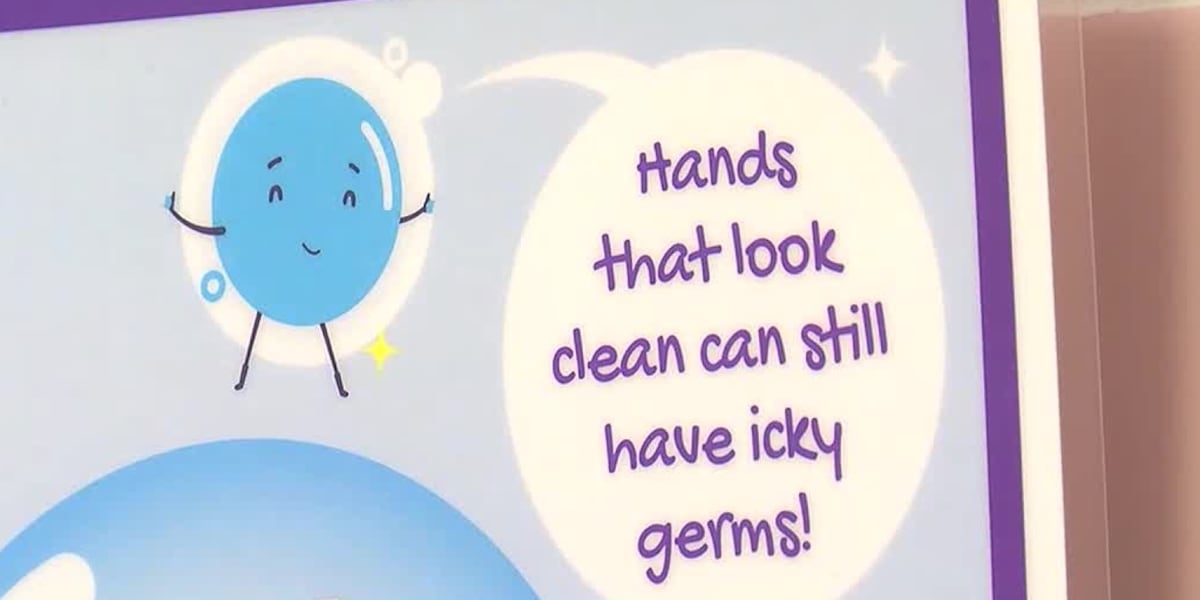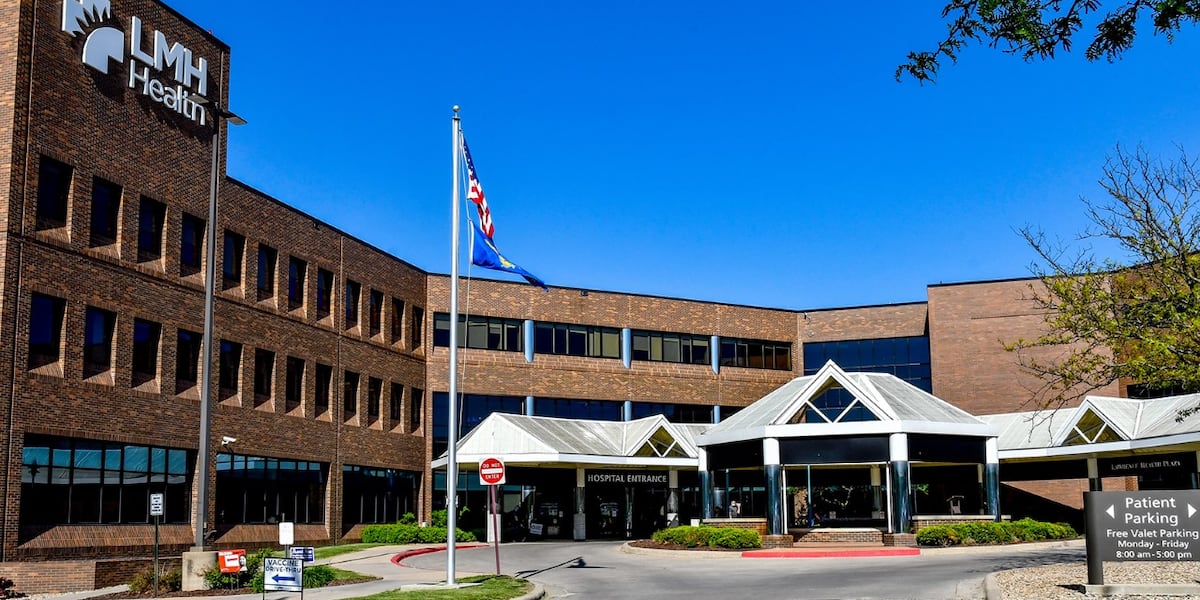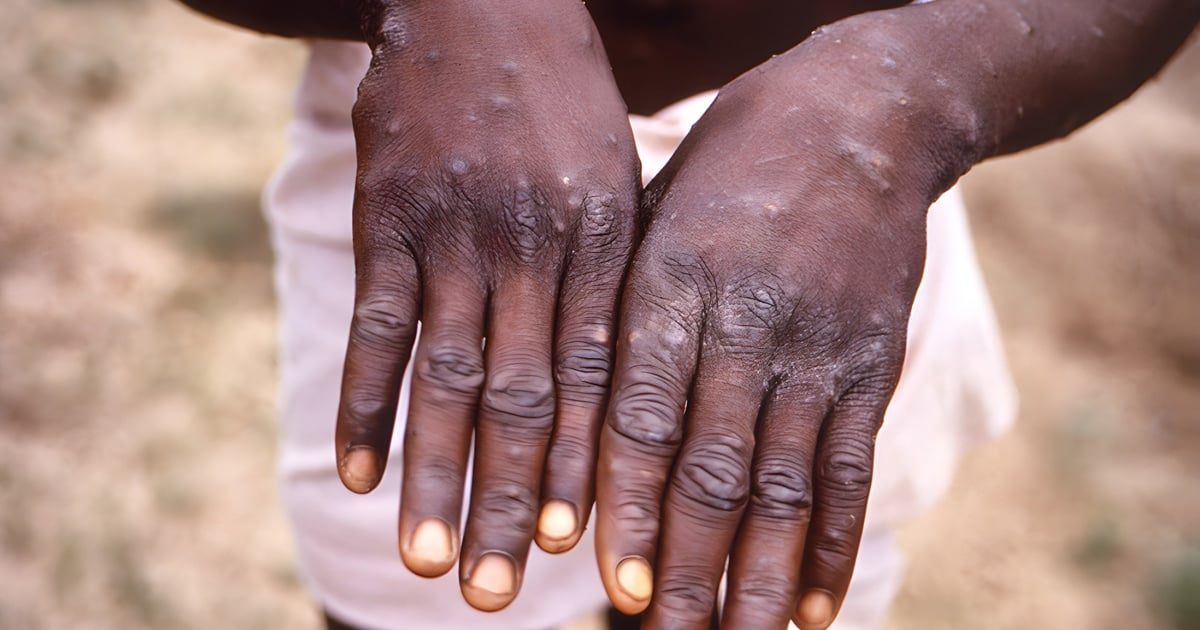Giardia Outbreak in Kentucky: Health Officials Monitor Rising Cases Across Three Counties
2025-07-22

WKYT
Kentucky health officials are closely monitoring a concerning outbreak of Giardia, a parasitic infection causing diarrheal illness, impacting residents in Hopkins, Muhlenberg, and Webster Counties. With 66 confirmed laboratory cases reported so far, the Kentucky Department for Public Health (KDPPH) is urging heightened awareness and preventative measures to curb the spread.
What is Giardia? Giardia lamblia is a microscopic parasite that causes giardiasis, a common intestinal illness. It's typically contracted by ingesting contaminated water or food, or through contact with infected individuals or animals. Symptoms often include diarrhea, gas, stomach cramps, nausea, and dehydration. While generally not life-threatening, giardiasis can be debilitating and can lead to long-term complications if left untreated.
The Current Situation in Kentucky The outbreak's location across Hopkins, Muhlenberg, and Webster Counties indicates a potentially widespread source of contamination. KDPPH is working diligently to pinpoint the origin of the parasite, investigating potential sources such as local water supplies, recreational water sources (lakes and streams), and food handling practices. The 66 confirmed cases represent a significant increase, prompting health officials to emphasize the importance of public health education and proactive steps.
Symptoms and Diagnosis Symptoms of giardiasis typically appear 1-3 weeks after infection and can last for several weeks or even months. Individuals experiencing these symptoms, particularly those residing in or having recently visited the affected counties, are strongly encouraged to consult a healthcare provider. Diagnosis involves a stool sample analysis to detect the presence of Giardia parasites.
Prevention is Key Preventing the spread of Giardia is paramount. Here are several crucial steps individuals can take:
- Safe Water Practices: Avoid drinking untreated water from streams, rivers, or lakes. If such water is your only option, boil it vigorously for at least one minute or use a water filter certified to remove Giardia.
- Proper Handwashing: Wash hands thoroughly with soap and water, especially after using the restroom, changing diapers, and before preparing or eating food.
- Food Safety: Ensure food is properly cooked and handled.
- Avoid Contact with Contaminated Feces: Be cautious when interacting with animals, especially those that may carry Giardia.
- Swimming Safety: Avoid swallowing water while swimming in lakes, rivers, or pools.
What's Next? KDPPH continues to collaborate with local health departments, environmental agencies, and healthcare providers to investigate the outbreak, identify the source, and implement control measures. Regular updates will be provided to the public as new information becomes available. The department urges residents to remain vigilant and follow preventative guidelines to protect their health and the health of their communities. For more information, visit the Kentucky Department for Public Health website or contact your local health department.






:max_bytes(150000):strip_icc()/VWH-GettyImages-2213348792-d0f7dee67c51409ba3603058011dff99.jpg)